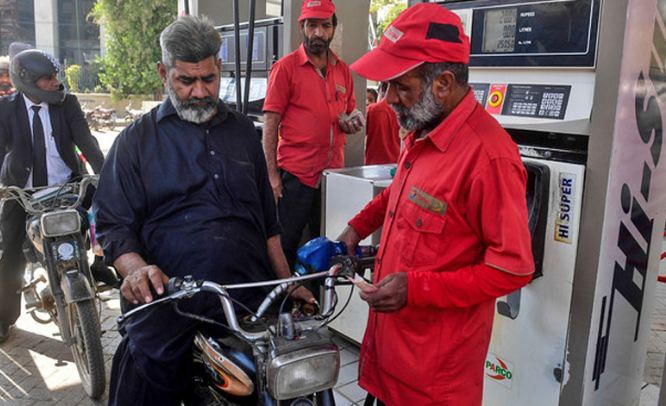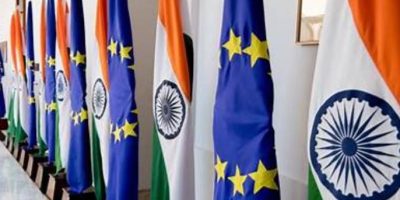Anti-people petrol price hike: a vetrayal of public trust

In a shocking move, the government has once again increased petrol prices abnormally, further burdening the already struggling masses. This decision has sparked widespread anger and protests across the country, as citizens grapple with skyrocketing inflation, unemployment, and declining purchasing power. The recent petrol price hike is not just an economic blow but also a stark reminder of the government’s anti-people policies, where the rulers seem indifferent to the suffering of ordinary citizens.
The common man is already reeling under the worst inflation in decades. Prices of essential commodities—food, electricity, gas, and transportation—have surged beyond affordability. Wages remain stagnant, jobs are scarce, and businesses are struggling to survive. In such dire circumstances, increasing petrol prices is nothing short of economic cruelty. Petrol is a key commodity that affects the entire supply chain; its price hike leads to a domino effect, pushing up the cost of everything from vegetables to public transport.
One of the most glaring injustices is the government’s selective approach to global oil prices. When international crude oil prices drop, the benefit is never passed on to the people. Instead, oil companies and the government pocket the difference. However, even the slightest increase in global rates becomes an excuse to jack up domestic petrol prices abnormally. This double standard exposes the exploitative nature of the ruling elite, who prioritize profits over public welfare.
While the common man struggles to afford fuel, government officials, bureaucrats, and parliamentarians enjoy unlimited free petrol at taxpayers’ expense. Luxury vehicles, lavish fuel allowances, and VIP culture are rampant, with no accountability. Nowhere in the world do civil servants receive such extravagant perks, yet in this country, the ruling class treats public resources as their personal wealth.
Moreover, top bureaucrats are often allotted expensive plots and lands at throwaway prices, another privilege unheard of in most democracies. Meanwhile, parliamentarians have increased their own salaries manifold, while the poor face relentless taxation and inflation. This blatant inequality highlights the deep-rooted corruption and elitism in the system.
In a true democracy, the government is supposed to serve the people, not exploit them. However, the current system functions as a tool for the elite to enrich themselves while the masses suffer. The recent petrol price hike is yet another example of how policies are designed to benefit the powerful at the expense of the poor.
People feel isolated, unheard, and betrayed. Protests and public outcry are met with indifference, and corruption continues unchecked. The government’s refusal to reduce petrol prices when global rates fall, while swiftly increasing them at the slightest opportunity, proves that this is not just poor governance—it is a deliberate anti-masses strategy.
The people demand answers. Why are they forced to bear the brunt of every economic crisis while the ruling class enjoys unlimited privileges? Why is there no transparency in petrol pricing? Why are corrupt practices like free fuel for officials and illegal land allotments not investigated?
If this is democracy, then it is a democracy only for the powerful. The common citizen has been reduced to a mere spectator, struggling to survive while the elite loot the nation’s resources. The government must reverse this unjust petrol price hike, eliminate elite perks, and ensure that global oil price reductions are passed on to the public. Until then, the people’s anger will only grow, and their trust in the system will continue to erode.
The rulers must remember: a government that works against its people cannot survive forever. As reported by this newspaper, the Punjab government has decided to discontinue the health card in the government hospitals. However, the card can still be used in the private hospitals. This is ridiculous because there may be only 10 per cent private hospitals accepting health card. And those hospitals do not have required facilities.
The governments should ideally be siding with the people as they are the ones who brought these governments to power. Unfortunately, people remain relevant only till the time election drill is completed. As soon the so-called publish representatives reach the assemblies, they abandon their electorates. This practice has to be discontinued for the greater sake of the country and populace.
Related News

EU-India Partnership Blossoms
In a vibrant display of diplomatic synergy, European Union leaders Ursula von der Leyen, PresidentRead More

A woman’s desperate cry for justice in Sargodha
In the quiet city of Sargodha, Punjab, a harrowing tale unfolded that exposes the rottenRead More


Comments are Closed